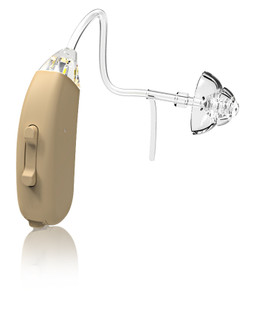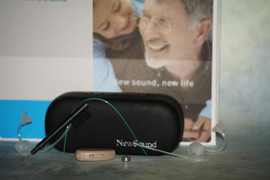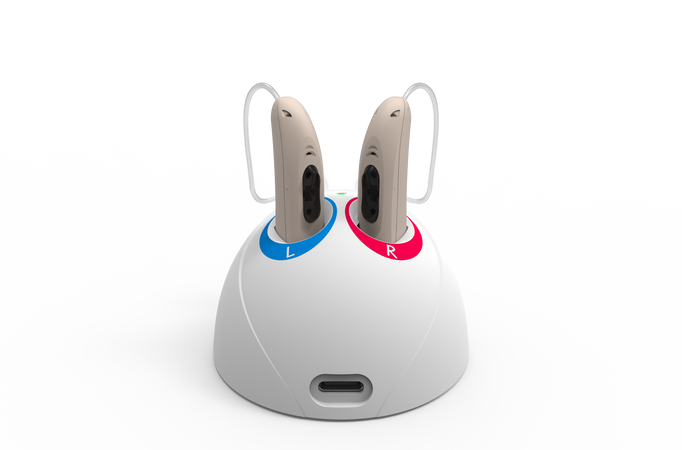Cleaning and Maintenance: Best Practices for Rechargeable Hearing Aids
Posted by DR Paul on Aug 24, 2023
Rechargeable hearing aids have become quite popular over the years due to their convenience and ease of use. However, like any other electronic device, rechargeable hearing aids require proper cleaning and maintenance to function optimally. In this blog post, we'll be discussing some of the best practices for cleaning and maintaining rechargeable hearing aids to keep them functioning optimally for a long time.
Keep your hearing aids dry:
It is essential to ensure that your hearing aid is always dry to prevent damage or malfunction. This is especially important if you sweat a lot or live in areas with high humidity. Consider investing in hearing aid dehumidifiers or drying kits to help keep your hearing aids dry. You can also use a soft cloth to wipe off any moisture present on the hearing aid surface.
Clean your hearing aids regularly:
Daily cleaning of your hearing aids will help prevent the accumulation of earwax, dirt, and debris, which can lead to malfunctioning of the device. Use a soft, dry cloth or specialized hearing aid cleaning wipes to clean the surface of the hearing aid. Avoid using water or other liquids to clean your hearing aids as it may cause damage.
Keep your hearing aids away from direct heat:
It is important to keep your hearing aids away from direct heat such as sunlight, radiators, or hot water bottles. Direct heat can cause the hearing aids to malfunction, discharge the battery, or even damage the device altogether.
Store your hearing aids in a dry and cool place:
Storing your hearing aids in a cool and dry place, preferably in their charging case, will help prevent moisture buildup, which can lead to discoloration or malfunctioning of the device. Avoid storing your hearing aids alongside other electronic devices such as phones or watches as they may interfere with the hearing aid's functionality.
Schedule regular check-ups with a hearing care professional:
Regular check-ups with a hearing care professional will help ensure that your hearing aids are functioning optimally, and any issues are promptly addressed. During these check-ups, your hearing care professional will inspect and clean your hearing aids, adjust any necessary settings, and replace any worn-out parts.
Conclusion:
In conclusion, rechargeable hearing aids are incredibly convenient, but require proper upkeep to work optimally. Regular cleaning and maintenance will not only extend the lifespan of your hearing aids but also ensure that they continue to function optimally. If you're unsure about how to care for your rechargeable hearing aids, consult your hearing care professional for advice, guidance, and regular check-ups. Maintaining and cleaning your hearing aids only takes a few minutes each day but could spare you from the headache of expensive repairs, reduced battery life, or hearing loss.










